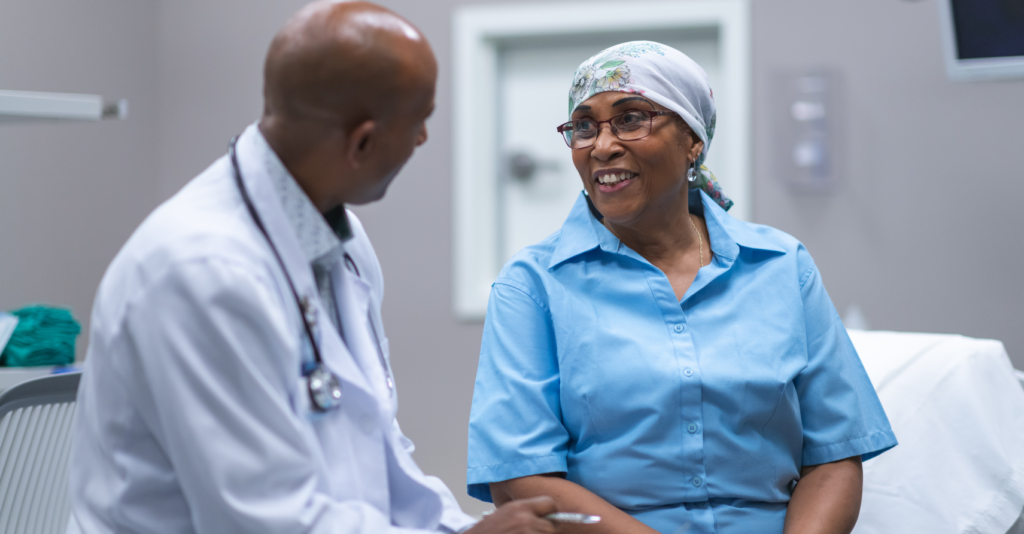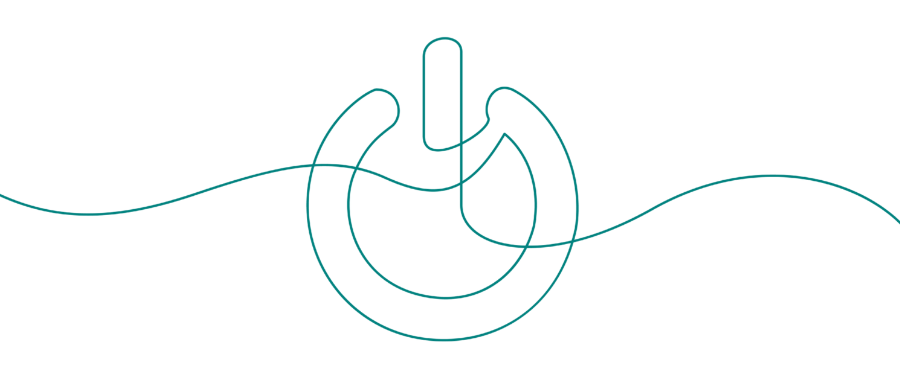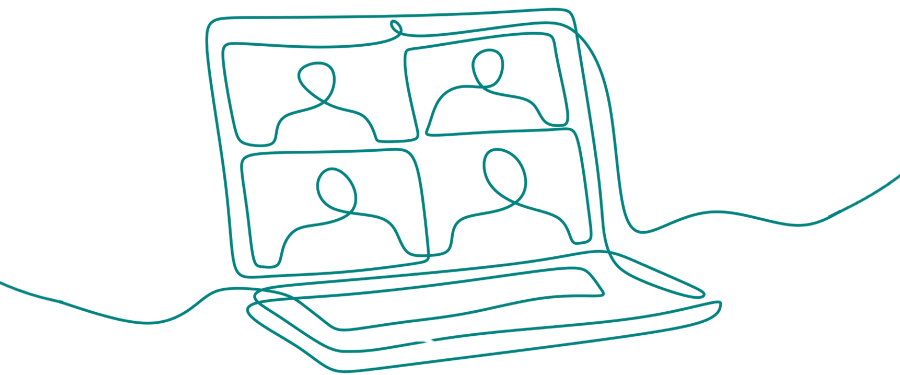
Early detection of prostate cancer can lead to improved treatment. Therefore, being aware of the signs and symptoms is important, and seeing a doctor about any unusual changes can make a difference.
In its early stages, prostate cancer may not cause noticeable symptoms. As the disease progresses, the following signs may appear:
- Difficulty starting or stopping urination
- Weak or slow urine flow
- Urinating often, especially at night
- Pain during urination or ejaculation
- Blood in urine or semen
- Pain in the lower back, hips, or pelvis
If you notice any of these symptoms, talk to your doctor. They may not mean cancer, but it’s important to check.
Related Link
Doctors don’t know exactly what causes prostate cancer, but several factors may raise your risk:
- Age: Risk increases after age 50.
- Family history: Having a father or brother with prostate cancer increases your chances.
- Race/Ethnicity: African American men and Caribbean men of African ancestry have a higher risk.
- Genetics: Inherited gene changes (like BRCA1 or BRCA2 mutations) may raise risk.
- Diet: High-fat diets and obesity may play a role.
Living a healthy lifestyle and talking to your doctor about your risks can help with early detection.
Expert Tips
- Seek information on choosing a prostate cancer specialist or treatment center
- Talk with loved ones about how they can support you
- Understand what your insurance covers
- Learn how testing may impact treatment decisions
- Discuss concerns openly with your doctor
- Explore financial assistance options
Related Links
Tools to help you feel activated and connect with resources to overcome barriers to accessing care.
Topics:
- Prostate Cancer Screening and Early Detection
- Prostate Cancer Treatment and Emerging Research
- Prostate Cancer Patient Support and Resources
Empowers prostate cancer patients and families by addressing factors like age, ethnicity, and insurance that affect outcomes. Gain confidence in your healthcare decisions, no matter where you live.
Topics:
- Prostate Cancer Patient Empowerment and Care
- Barriers to Prostate Cancer Care
- Prostate Cancer Treatment and Research
Aims to provide digital literacy skills training with a series of easy-to-follow video modules, coupled with resource guides to educate you on technology and online support tools.
Bridges the expert and patient voices, enabling patients to feel comfortable asking precise questions of their healthcare team.
Topics:
- Participating in Your Prostate Cancer Care
Improves prostate cancer patients’ and caregivers’ familiarity with remote access to healthcare, and increases quality of care regardless of geographical location.
Topics:
- Prostate Cancer Treatment and Advances
- Remote Prostate Cancer Care
- Prostate Cancer Testing and Family Considerations
- Prostate Cancer Patient Support





